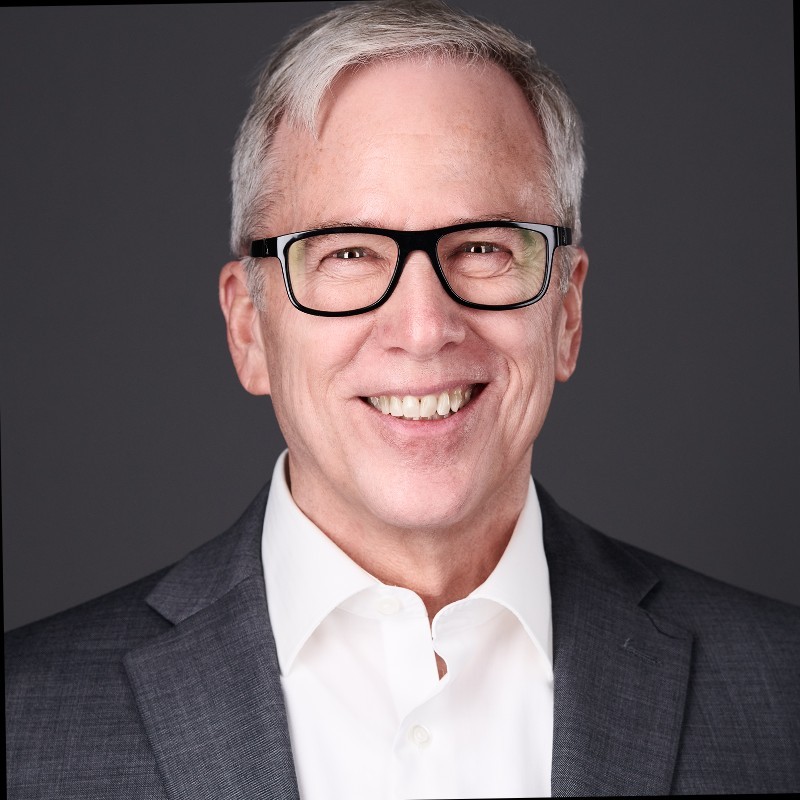For many reverse mortgage professionals, referral partners can often be the difference-maker between a stagnant business and a dynamic one. Since there are so many needs in retirement, those seniors who enlist the services of financial advisors might determine long-term strategies for how to employ the resources they have to ensure longevity, including fixed incomes or investments.
Stephen Resch, VP of retirement strategies at Finance of America Reverse (FAR), recently participated in a virtual event hosted by HousingWire and RMD to explain the reverse mortgage business to a group of primarily forward mortgage professionals, and described why referral partnerships are coveted by everyone in the equation. Not just the loan originators, but the partners themselves.
The value of a reverse mortgage referral partnership
As a financial advisor himself, Resch is all too familiar with the ways in which business relationships can become very solid for individual professionals and their partners at the same time. Once an originator has established a partnership with an adjacent professional like a financial advisor, the trust that bond often takes to solidify can create regular business for a long time to come.

“I was a referral partner for many, many years,” Resch explained during the event. “I gave my loan professional probably three to four reverse mortgages every single year, for many years. As financial advisors, we trust our referral partners, our trust attorneys, our CPAs and our loan originators. Once you have that relationship, I’m not going to shop for anyone else because I trust you. So referral partners are very, very important.”
With the event’s audience consisting of many loan originators active in the traditional mortgage space, the dynamics at play for originating reverse business often lead to a far more consultative relationship between loan originator and borrower, Resch explains, citing some of the originator tips offered by Christina Harmes Hika earlier in the same event. Since forward originators are accustomed to primarily working with people still in the midst of their careers, recalibrating expectation and reality is key to developing in the reverse space.
“You help [those customers] get into their first or second homes, then maybe you’re going to be refinancing that several times to pay for college educations, weddings, second homes, renovations, whatever it may be,” he explains. “It makes sense to do that, to refinance that home, because you’re accessing income tax-free proceeds, and you’re leveraging an appreciating asset. You’re not going to refinance your car to help pay college education bills, because that’s a depreciating asset. But when it comes to your home, it can make sense to just really access those income tax-free funds and use it for whatever purposes makes the most sense.”
This dynamic works well for those still working, but when retirement occurs, the conversation often shifts to financial instruments which have been specifically designed to cater to those at or near retirement, he says. More often than not, those conversations fail to include a retiree’s home equity.
Turning to home equity in retirement
The aversion that many financial advisors have to the incorporation of home equity into a retirement plan generally comes from a desire to minimize a client’s obligations as much as possible as they leave their working life behind. Financial advisors tend to be more concerned about loss risk than they are about chasing gains.
“As a financial advisor, I want my clients to minimize their obligations going into retirement so that they can maximize the benefit of these revenue sources that they have,” Resch says. “So, this is why you probably have clients that have rolled into their 60s and maybe they still have a mortgage, but you’re probably not as interested in talking to them about refinancing because they’re getting closer to retirement.”
This is actually where Resch sees the utility of a reverse mortgage coming into play, and he positions the prospective power of a reverse mortgage into the terms likely most familiar to the forward mortgage professionals who largely tuned into the RMD/HousingWire event.
“From my perspective as a financial advisor working with my clients, I’m concerned about efficient cash flow when they go into retirement,” he says. “I’m concerned about long-term care and other risks that come into the retirement period. And then finally, I’m concerned about income and estate taxes. I want to maximize all of these things for my clients when they get into retirement.”
Minimizing obligations, proprietary reverse mortgages
The lack of required principal or interest payments for as long as the client is living in their home is the first, most natural place that such a strategy can come into the equation, he says.
“This makes the most sense when it comes to retirement planning because, as I just mentioned, we don’t want our clients to have a monthly obligation,” Resch explains. “We want to reduce those expenses, but now we have access to capital without that monthly obligation. And now with new proprietary products, we’ve got loan amounts of up to $4 million.”
Given the rise in home price appreciation in recent years, some clients in a position to avail themselves of a reverse mortgage may also find themselves in homes with values above the 2022 Federal Housing Administration (FHA) lending limit of $970,800. For such situated homeowners, a proprietary reverse mortgage may be a viable option.
“I’ve talked to financial advisors and I will ask them if they have ever considered reverse mortgages in their practice,” he says. “They usually say, ‘Well, no, those loan amounts are way too small.’ They’re not aware that there are proprietary products out now with loan amounts of up to $4 million. And just by educating them on the availability of these programs, we’ve secured multiple multiple transactions just because they are now aware of this.”
Watch the event online.





